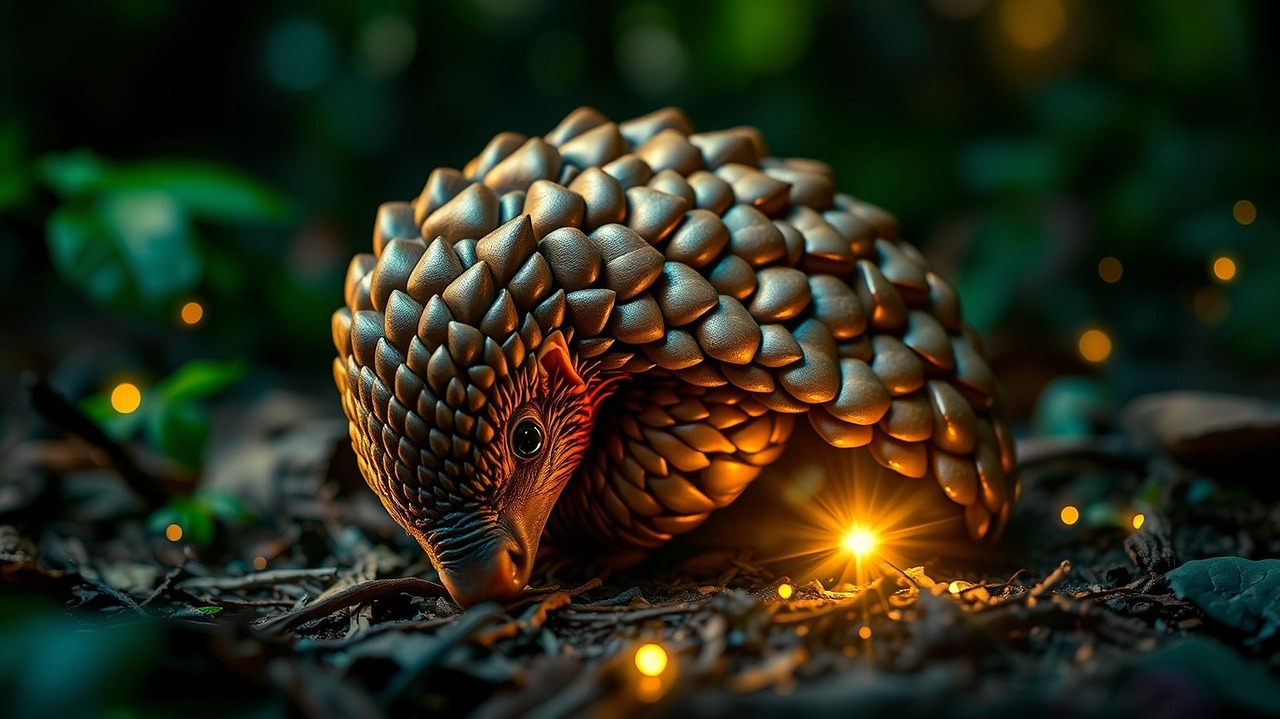Why Pangolins Are Poached to Extinction

Category: Endangered Species | June 17, 2025
Pangolins—often called "scaly anteaters"—are among the most unique and mysterious mammals on Earth. Covered in protective keratin scales and equipped with long tongues to feast on ants and termites, they are solitary, nocturnal, and deeply elusive. Yet despite their secretive nature, pangolins are being driven to the brink of extinction. Why? Because they are the world’s most heavily trafficked mammal.
The primary threats to pangolins are illegal hunting and trafficking, fueled by demand in parts of Asia and Africa. Pangolin meat is considered a delicacy in some cultures, while their scales are falsely believed to possess medicinal properties, especially in traditional Chinese medicine. Though there's no scientific evidence to support these claims, the belief persists—and so does the slaughter.
Every year, it’s estimated that hundreds of thousands of pangolins are captured, killed, and smuggled through illicit wildlife networks. Their scales are dried, ground into powder, or brewed into tonics. Their meat is sold in black markets or served in upscale restaurants as a status symbol.
Despite international protections—such as pangolins being listed under CITES Appendix I, which bans global trade in all eight species—the black market continues to thrive. Enforcement is difficult, and corruption often undermines legal efforts. In some areas, pangolins are captured faster than they can reproduce, leading to rapidly shrinking populations.
Conservationists are working tirelessly to stop the decline. Rescue centers care for confiscated pangolins and aim to reintroduce them into the wild. Public awareness campaigns are shifting perceptions, especially among younger generations in consumer countries. Technologies like tracking devices and DNA forensics are also helping authorities monitor and disrupt illegal trade routes.
But pangolins remain in a precarious position. Their quiet nature and low reproductive rates make recovery slow. Without urgent and coordinated action, some species—like the Chinese pangolin and Sunda pangolin—could vanish entirely.
Saving pangolins means more than rescuing a rare animal—it’s about standing up to a massive illegal wildlife trade that threatens biodiversity worldwide. If these gentle creatures are to survive, the world must act swiftly to protect them before it’s too late.
🌴 Jungle Chatter
Most popular reactions:
No reactions yet.